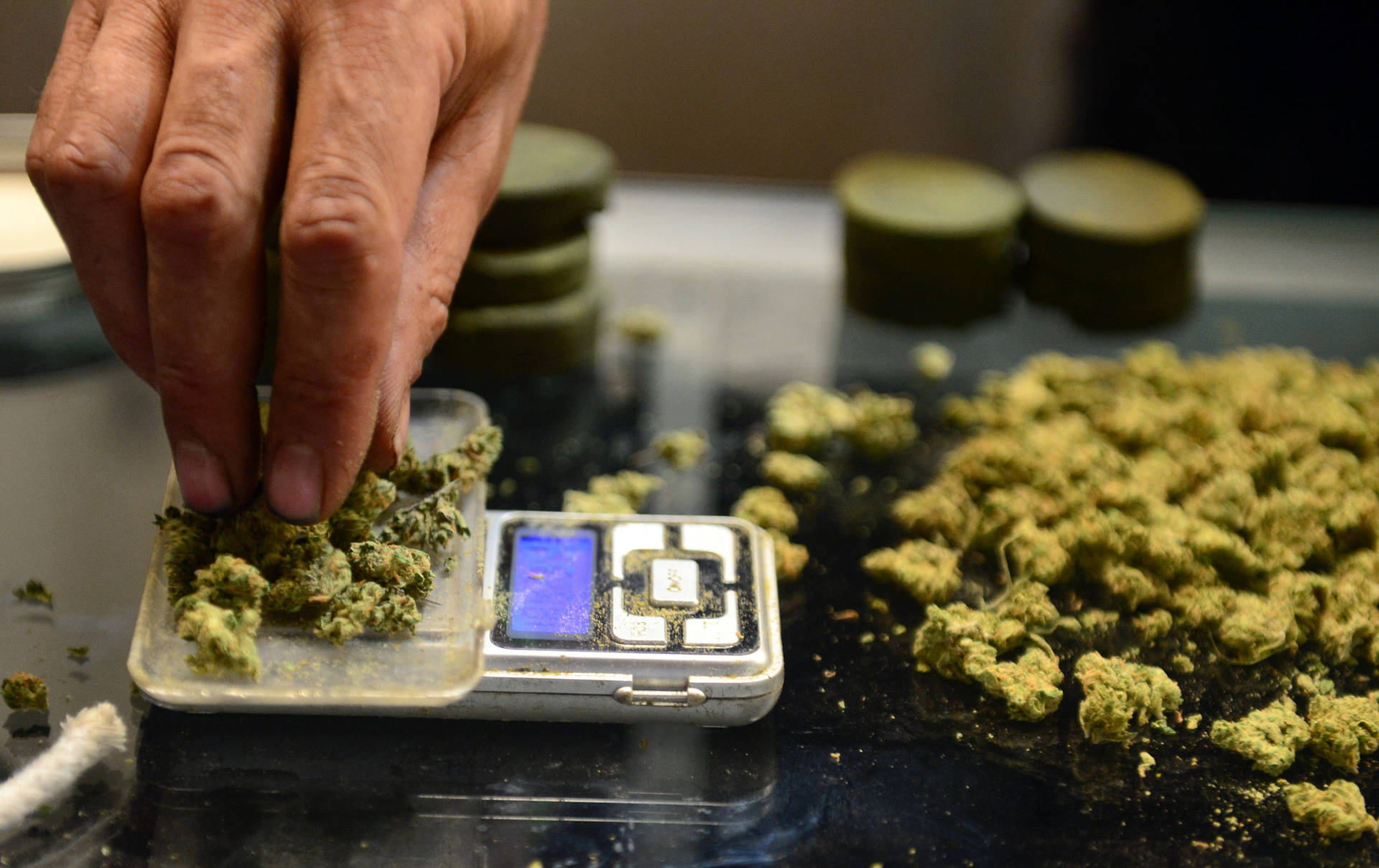The Justice Department may step up enforcement of federal marijuana laws in states that have voted to legalize its recreational use, according to White House press secretary Sean Spicer.
"I do believe you'll see greater enforcement of it," Spicer said, during his daily press briefing. He added that the Department of Justice will be looking into the issue further.
Spicer's comments offer an indication of how the Trump administration may approach the nation's fast-growing cannabis industry. New Attorney General Jeff Sessions has been less direct when asked about marijuana, saying during his confirmation hearings that he would "review and evaluate" existing policies.
Roughly one in five Americans now live in a state where non-medical marijuana is legal for adults, and that number may be growing. Lawmakers in Maryland have recently proposed bills allowing recreational use. Medical use of cannabis is allowed in 28 states and the District of Columbia.
Spicer differentiated between medical and recreational use of the plant, saying President Trump "understands the pain and suffering that many people go through who are facing especially terminal diseases and the comfort that some of these drugs, including medical marijuana, can bring them."
